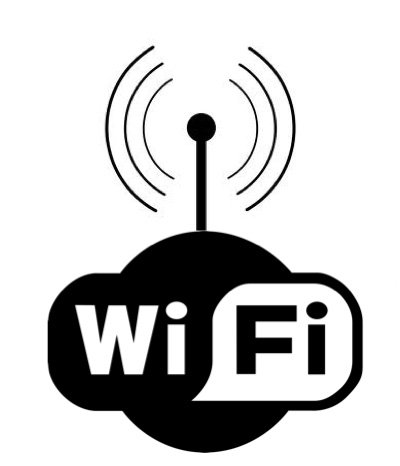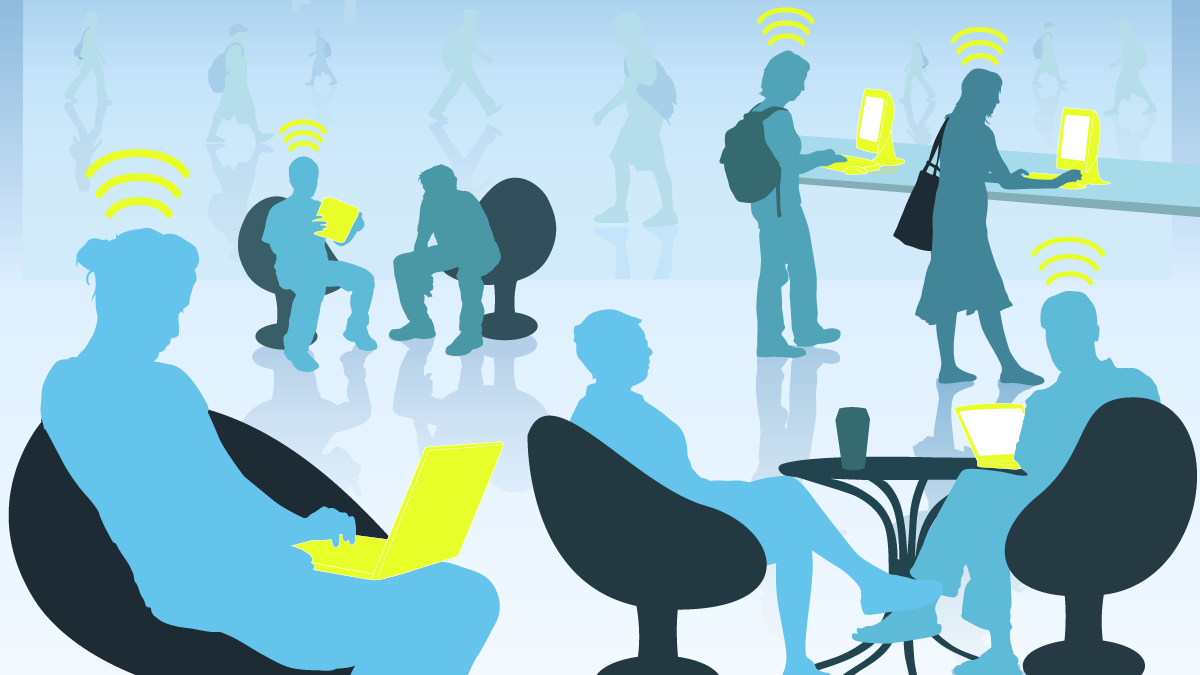Costa Rica Travel – When you are travelling to Costa Rica the last thing you want to worry about is a hacker stealing your bank information or passwords to email.
ABC News reported that hackers on public Wi-Fi have long been a concern, and while there are no estimates how often networks are hacked, it  absolutely is happening. Because many public hotspots don’t require data encryption (T-Mobile and AT&T in particular, which support many free city networks), 95 percent of Wi-Fi data traffic is unencrypted, meaning these networks aren’t protecting your personal information. Someone could eavesdrop on your phone activity from up to 100 feet away, and easily steal passwords for bank accounts, email, and other personal information.
absolutely is happening. Because many public hotspots don’t require data encryption (T-Mobile and AT&T in particular, which support many free city networks), 95 percent of Wi-Fi data traffic is unencrypted, meaning these networks aren’t protecting your personal information. Someone could eavesdrop on your phone activity from up to 100 feet away, and easily steal passwords for bank accounts, email, and other personal information.
Follow these five simple tips from Daniel Smith, a security researcher at Radware, on how to avoid getting hacked on public Wi-Fi and protect your personal information while traveling.
- Keep Wi-Fi and Bluetooth disabled on your phone unless you are on a trusted and secure network.
- When connecting to a public Wi-Fi network, use a virtual private network (VPN) to protect any data or password information that’s sent and received.
- Always verify that the public Wi-Fi you are using is authentic—hackers can set up similar-looking networks to trick users into logging on and potentially exposing private data on unsecure channels.
- When possible, use dual-factor authentication on your personal accounts—like confirmation text messages or emails—to ensure that if a password is hacked, a second form of protection will prevent unwanted access.
- Never use the same password for all of your personal online accounts.
From Smarter Travel

